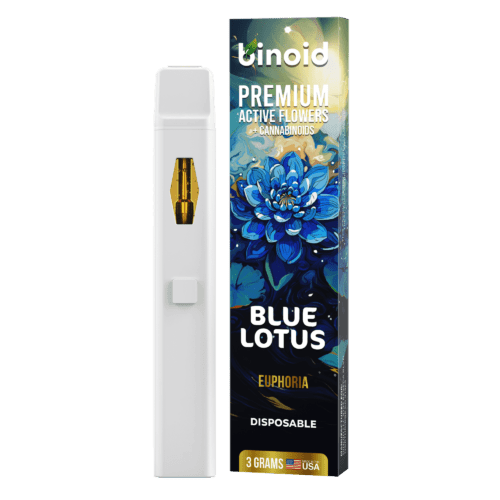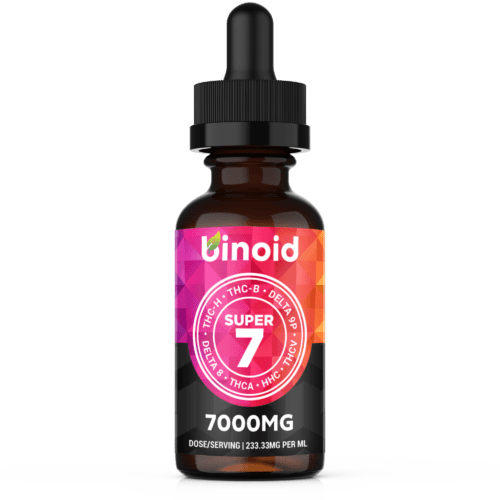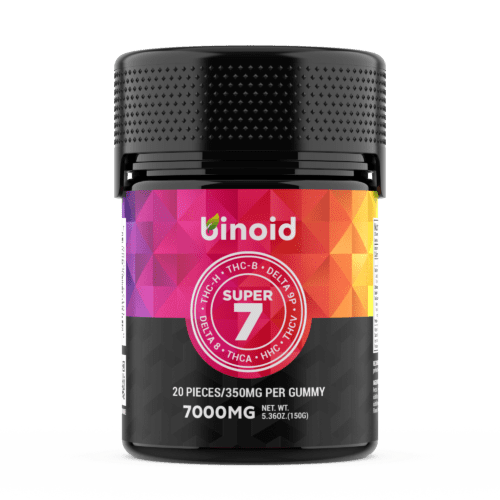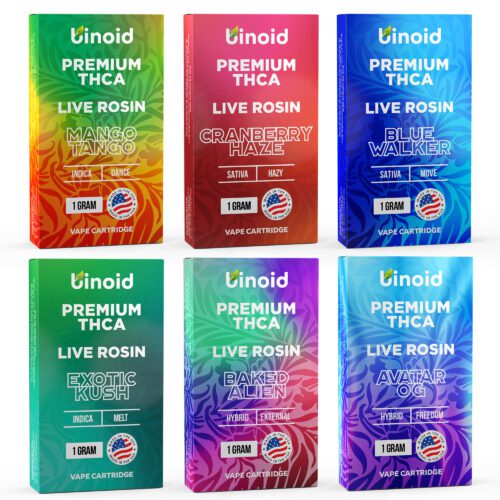
How Long Does Blue Lotus Stay In Your System
Blue lotus, known scientifically as “Nymphaea caerulea”, is a water lily that has been used for thousands of years for ceremonial, spiritual, and medicinal purposes. It’s known for its mild psychoactive properties, which can vary greatly depending on the specific part of the plant used, the method of consumption, and the individual’s metabolism and body chemistry.
Which brings us to today’s question: “How long does blue lotus last in your system?” It’s a valid question, and one we will try to answer here.
To Buy Blue Lotus Flowers Vape Click Here
-
Product on sale
 Active Flowers 3 Gram Disposable$35.99
Active Flowers 3 Gram Disposable$35.99$69.99
Why Do People Take Blue Lotus Anyways?
Before getting into how long blue lotus lasts in a person’s body, we need to quickly cover why someone would take blue lotus to begin with.
- Historical Use: Blue lotus has cultural significance in ancient Egypt, where it was used in religious ceremonies and possibly as a recreational substance. This historical use intrigues many individuals and draws them toward trying Blue Lotus themselves, often as part of spiritual or personal exploration.
- Psychoactive Effects: Blue lotus is known for its psychoactive properties, although it’s much milder than substances like cannabis or hallucinogens. It’s often described as having a calming and sedative effect, and it has been claimed to induce a hypnotic state, mild euphoria, or a “dream-like” state. These effects can make it attractive for recreational use.
- Medicinal Interest: There is a bit of anecdotal evidence that blue lotus can have medicinal benefits, such as anti-anxiety and anti-inflammatory properties. Some individuals use it as a remedy for various ailments like anxiety, stress, or insomnia, though it’s important to remember that scientific research confirming these medicinal properties is limited.
- Alternative Medicine and Homeopathy: In the realm of alternative medicine and homeopathic remedies, blue lotus is sometimes promoted as a form of treatment for various conditions or as a means of improving general health. People interested in natural or holistic health may be drawn to trying blue lotus for these reasons.
- Relaxation and Socializing: Some users take blue lotus to relax or to enhance social activities, similar to the way some people use alcohol or cannabis.
-
Product on sale
 Super 7 Tincture – 7000mg$39.99
Super 7 Tincture – 7000mg$39.99$59.99
How Long Does Blue Lotus Stay in Someone’s System For?
There isn’t a lot of detailed scientific research on blue lotus product compared to other substances, so information about how long it stays in the body is limited and somewhat speculative. However, based on what we have seen, Blue Lotus is a new compound that has been found to stay in your system around 2-17 days in the body before being completely gone. If you are taking a drug test, we recommend refraining use of Blue Lotus products such as vape cartridges, disposables, gummies or tinctures as they may fail a drug test if it is infused with cannabinoids.
Other than that, generally speaking, the duration a substance remains detectable in the body depends on various factors, including:
- Dosage: The amount consumed will influence how long the active substances stay in your system. Are you using it for anxiety, sleep, or its psychoactive effects? Understanding your goals can help determine how much you might consider taking. Hence, if you decide to proceed, it’s often wise to start with a smaller amount of Blue Lotus to see how your body reacts and then adjust accordingly.
- Method of Consumption: Blue lotus has different methods in which it can be taken as, and those methods provide different absorption rates:
- Tea: This is perhaps the most common method of consuming blue lotus. The flowers or dried extract are steeped in hot water. This method is chosen for its milder effects and ease of preparation.
- Wine Infusion: Blue lotus is often infused in wine or other alcoholic beverages. This method involves soaking the petals for several weeks to allow the active compounds to infuse into the liquid. People often report that this method produces a stronger psychoactive effect.
- Smoking or Vaping: Some users smoke or vape blue lotus alone or mixed with other substances. This method could potentially have more immediate effects.
- Tinctures and Extracts: Blue lotus extracts are available in the form of tinctures, which can be taken directly or mixed into a beverage. Extracts concentrate the psychoactive compounds and can be more potent than the raw plant material.
- Direct Ingestion: Some people may choose to eat the petals or bulbs, though this is less common due to the potentially unpleasant taste and texture.
- Individual Metabolism: People metabolize substances at different rates. Variables include metabolic rate, body mass, physical condition, and age.
- Frequency of Use: Regular use can lead to a longer presence in the body compared to one-time use.
- Tolerance: Regular consumption of blue lotus might also lead to increased tolerance, meaning that over time, individuals may require higher doses to achieve the same effects, which can influence the metabolism and overall effects of the substance.
- Overall Health: Liver and kidney health, in particular, can affect substance processing times.
- Interactions with other substances: The use of other substances, including prescription medications, over-the-counter drugs, herbal supplements, or recreational drugs, can influence the metabolism of the compounds in blue lotus. This aspect can either enhance or mitigate the effects of blue lotus, and it can also increase the risk of side effects or interactions.
While the psychoactive effects of blue lotus are generally described as mild and can last for anywhere from a few hours to more, it’s not well-studied how long the substances within blue lotus remain detectable in the system. Traditional drug tests typically do not screen for the compounds found in blue lotus, and once again, there is limited scientific data on the metabolism and excretion of its active compounds, like nuciferine and apomorphine.
-
Product on sale
 Super 7 Gummies – 7000MG$39.97
Super 7 Gummies – 7000MG$39.97$59.99
How Long Blue Lotus Lasts: Final Thoughts
For many psychoactive substances, general timelines might range from a few days to a few weeks for the substance to be entirely undetectable in the body, but this can vary widely based on the factors we touched upon in this article.
Substances are commonly detectable in blood and saliva for the shortest duration, in urine for a moderate duration, and in hair for the longest duration. As we cannot stress this enough, given the lack of specific research on blue lotus, it’s difficult to gage a precise timeframe for its metabolites’ detection in the body.
To Buy Blue Lotus Flowers Vape Click Here
-
Product on sale
 THCA Vape Cartridges – Bundle$177.99
THCA Vape Cartridges – Bundle$177.99$203.99


